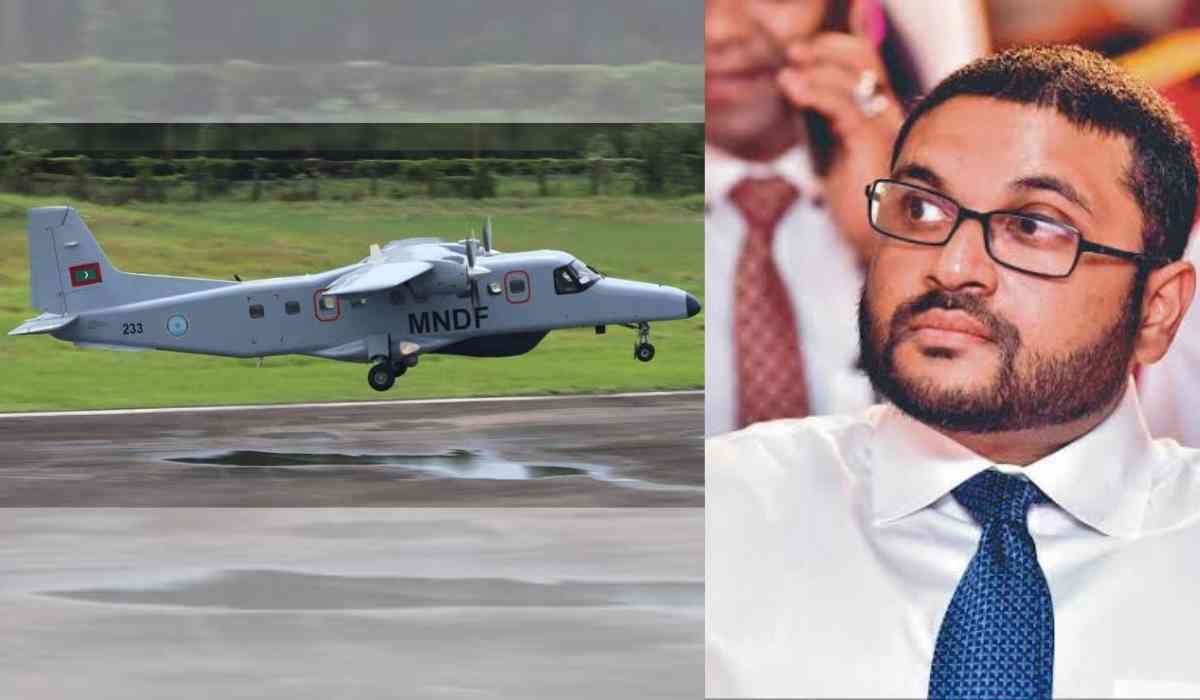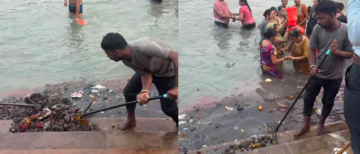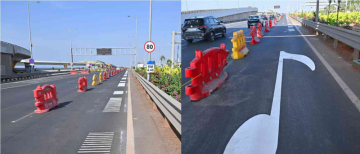There aren’t many ‘qualified’ pilots in Maldives required to operate three aircraft that India recently donated, says Maldives Defense Minister Ghassan Maumoon in a press conference held at the President's Office here on May 11.
Mr. Maumoon said “There aren't any people licensed to fly the aircraft.". As per reports, when asked a question by a journalist, he said, "As it was a training that required passing various stages, our soldiers had not reached completion due to various reasons. Therefore, there aren't any people in our force at the moment who are licensed or fully operational to fly the two helicopters and Dornier aircraft.”
Moreover, the Defence Minister elaborated that Maldivian military personnel, who earlier initiated aircraft training in previous administrations, couldn't finish due to unspecified reasons.
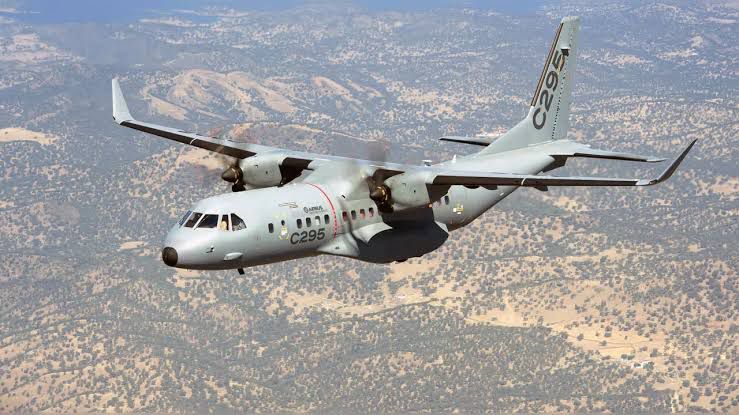
Departure of Indian Military Personnel from Maldives
This statement by the Defence Minister comes days after the departure of 77 Indian defence personnel who were operating two helicopter platforms and a Dornier aircraft in Maldives. They left Male and returned to India by May 10, as per the deadline set in a diplomatic agreement between the two countries in February.
There were 77 military personnel in the Maldives, mostly pilots, crew members, and technicians in charge of two helicopters and an aircraft used for medical evacuations, maritime surveillance, and search and rescue operations. The primary motivation for the arrival of Indian soldiers with the Dornier aircraft brought during the administration of former President Ibrahim Mohamed Solih and the helicopters donated by former Presidents Mohamed Nasheed and Abdulla Yameen was to train Maldivians.
So why were the Indian military personnel from the Maldives withdrawn? Their presence in the Maldives was interpreted as "boots on the ground."
And the presence of Indian soldiers aimed to train local personnel failed to complete training has drawn criticism. so this withdrawal was in compliance with a deadline set under a bilateral agreement. The Maldivian government, however, has stated that it has no plans to remove Indian physicians from the military hospital at Senahiya.
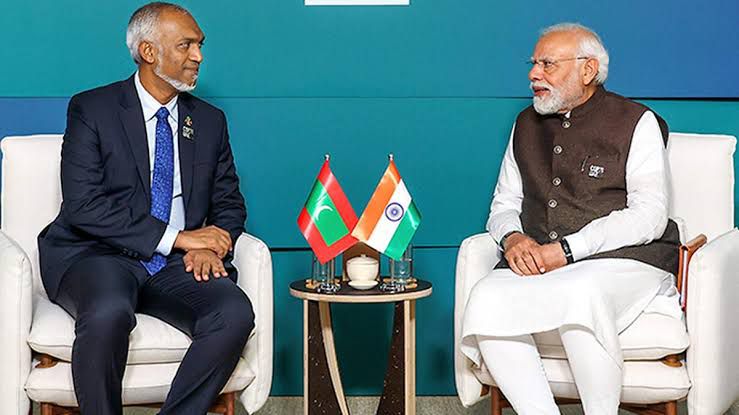
Muizzu’s insistence on ‘India Out’
Maldivian President Mohamed Muizzu, having a Pro-China and anti-India stance initiated this agreement after he insisted on the withdrawal of Indian military personnel in the island nation.
He wanted to remove all Indian military presence, particularly focused on personnel operating aviation platforms crucial for maritime surveillance, search and rescue missions, and medical evacuations. President Muizzu campaigned on an "India Out", citing concerns over compromised Maldivian sovereignty due to Indian military presence.
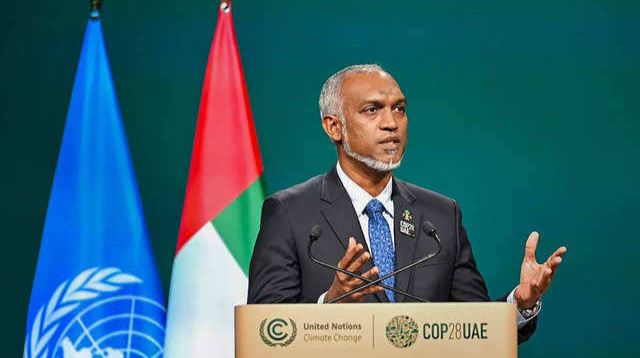
When this decision was taken, it was a major setback for India, which had good relations with Maldives until Muizzu assumed power. Also, India's efforts to counter China's influence in the Maldives was also affected, as Muizzu’s government was Pro-china. Tensions between India and Maldives escalated as Muizzu actively pursued economic agreements with China, sidelining India in various developmental projects and formalising a military assistance pact with China.
Mr. Ghassan's comments contrast with that of senior officials of the current administration, while they were in opposition over the past five years. Now these officials are asserting a shortage of trained pilots, but earlier they criticised that there is no need for Indian Personnel as Maldives already has skilled pilots within the MNDF.
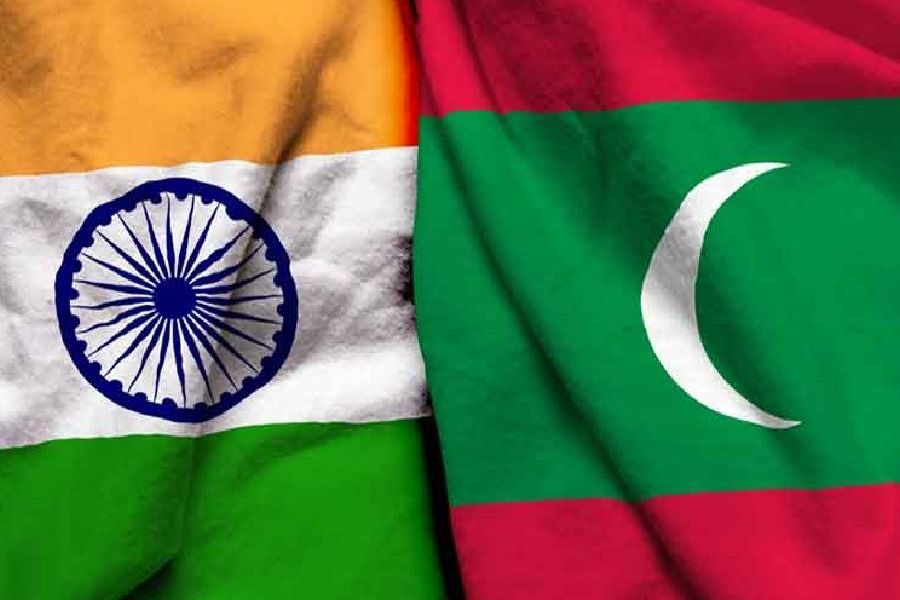
Overall, the departure of Indian military personnel poses both challenges and opportunities for the Maldives. While it signals newfound autonomy and independence in decision-making, it also emphasises the need for the Maldives to strengthen its own defence capabilities and navigate the delicate balance among regional powers.
(Inputs from Agencies)
Ⓒ Copyright 2024. All Rights Reserved Powered by Vygr Media.

